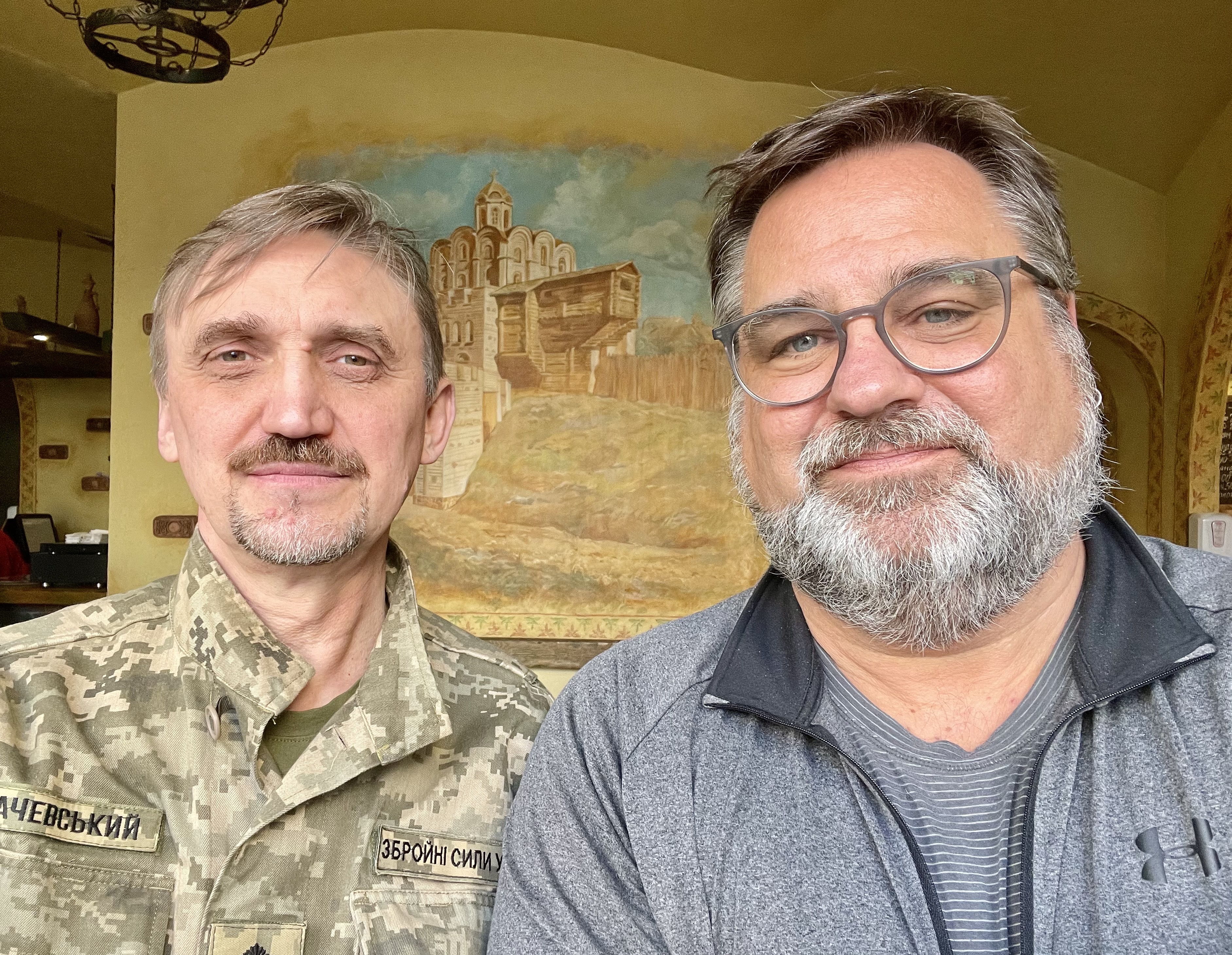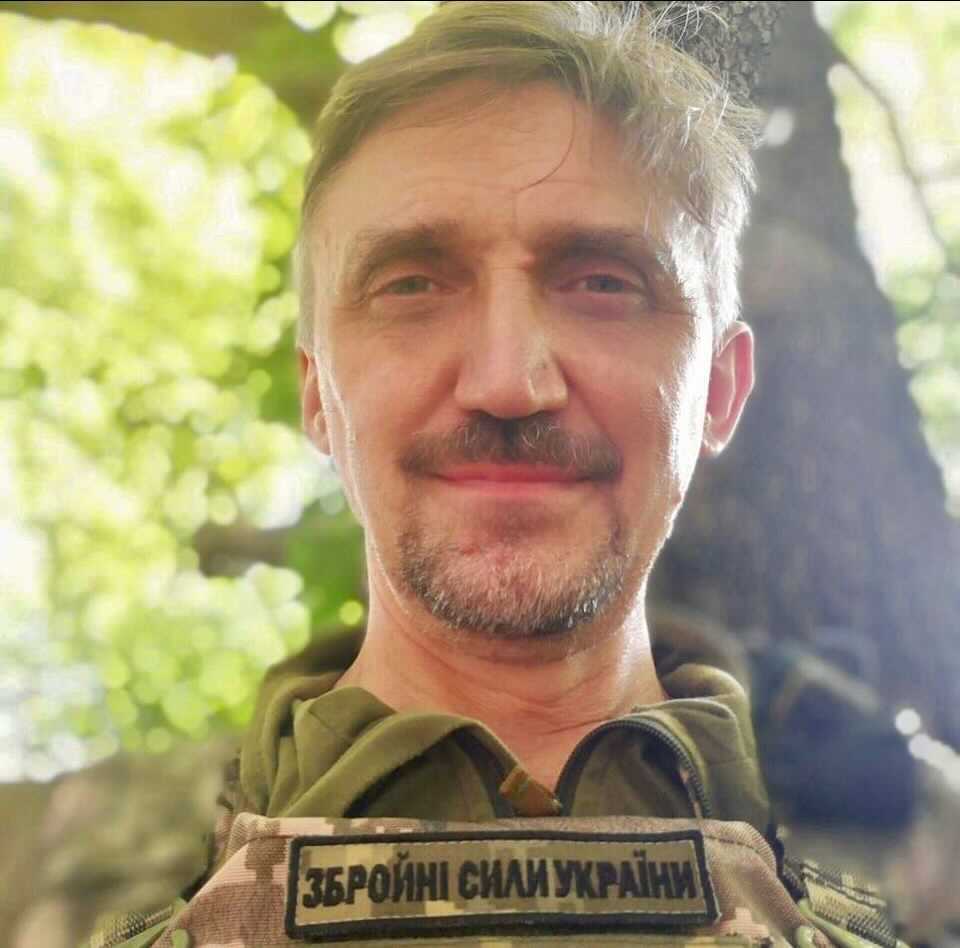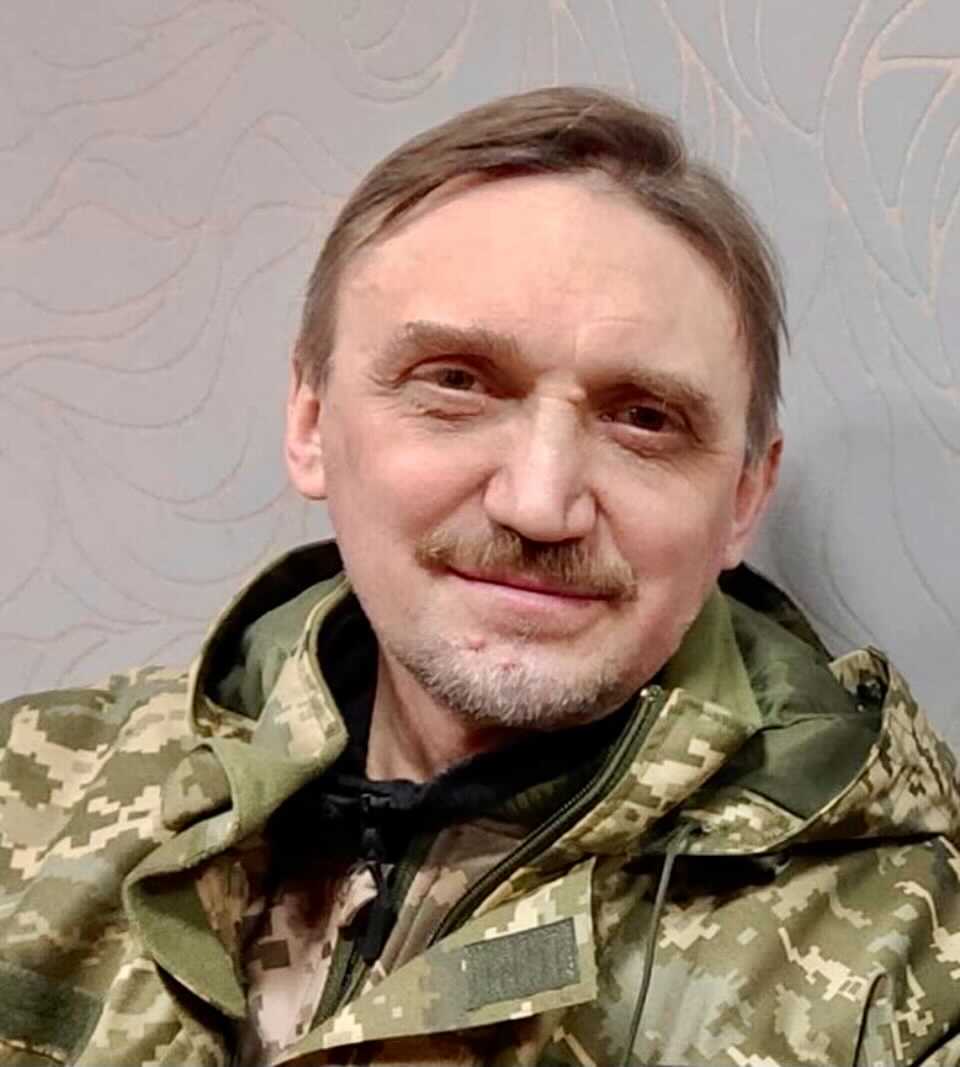Captain Andriy Karachevsky is recovering from a concussion sustained during operations in Ukraine’s east. He is being asked by medical professionals to look after himself before returning to duty.
Normally, it’s Karachevsky, 55, who is the one looking after other people. He is the highly regarded former head of the Ukrainian Psychologists’ Association and a former advisor on mental health and suicide prevention policy to Ukraine’s Minister of Healthcare.
JOIN US ON TELEGRAM
Follow our coverage of the war on the @Kyivpost_official.
Now, he heads the operational aspects of the Center for Moral and Psychological Support of the Territorial Defense within the Armed Forces of Ukraine, which has been operating since Dec. 1 (with similar centers for other subdivisions of the military).
We start our conversation by me asking him how he is doing. “I’m not used to that. Usually, we psychologists are the ones asking that question,” Karachevsky replies, dressed in camo at the café where we meet.
 Andriy Karachevsky (L) with Pete Shmigel (R).
Andriy Karachevsky (L) with Pete Shmigel (R).
Like so many of his countrymen, Karachevsky volunteered for service from the first day of Russia’s full-scale invasion. Not as a psychologist, but as one of so many Kyivites willing to throw Molotov cocktails at tanks.
“It was a lesson from the Maidan,” Karachevsky says, referring to the 2014 Revolution of Dignity. “Don’t wait. Just go to the action and find something to do.”

Zelensky Hails Ukraine’s ‘Heroism’ on Third Anniversary of Russia’s Invasion
Eventually, given his background, he was assigned and served for nine months as a medic with a military unit that was primarily stationed in Ukraine’s southern theater of operations.
“But now we are all moving toward more structure and more effectiveness, including in the psychological sphere,” Karachevsky says.
 Andriy Karachevsky.
Andriy Karachevsky.
The Center he now serves with deploys to frontline zones where it directly engages with units preparing for deployment and combat action. The work is focused on helping those units be psychologically prepared for their experiences at what Ukrainian soldiers call the “zero” lines, i.e., the forwardmost positions.
“It’s an intervention prior to combat. We are part of their weaponry. We give them skills to deal with combat. How a solider is to understand the range of emotions from anger to grief to confusion and many more that he may feel. How a solider is to manage what he is feeling both there and afterwards.
“Disassociation [temporary detachment from reality] is also a common response to very difficult situations. It helps to understand that this is, in fact, occurring, and that it is normal,” Karachevsky says.
Preventing possible adverse mental health impacts is also part of the work, Karachevsky explains. As part of that, the Center promotes inclusive and emotionally aware leadership among battlefield commanders. It is aimed at getting sustainable results from soldiers – whose average age, according to Karachevsky, is 40 – through psychological understanding. It is a clear difference to the suicidal savagery that the Russian military shows their own.
It also represents a step forward from Ukraine’s own conservative military traditions and its cultural stigmas about mental health. Karachevsky notes that the overall approach to mental health in Ukraine is fast evolving in wartime conditions, and it is becoming more accepted to seek help and give help. He lists reforms, starting from 2016, that have provided for more psychological practitioners and more mental health training to family doctors.
 Andriy Karachevsky.
Andriy Karachevsky.
“Trauma impacts on decision-making. Wars also focus a person’s values. They’re put in a situation where they’re both under stress and fully engaged with their values. In that regard, they have to figure out where to best put their efforts – whether it’s in a military sense or otherwise. And that is not simple.
“There are positive drivers, too. Ukraine’s defense, as difficult as it is, has given many a great sense of purpose, and that can contribute to mental well-being. It can be a protection against things we do not want to see,” Karachevsky notes.
It strikes me that Karachevsky hasn’t really answered my first question about his well-being. So I ask a different way: Have the last 12 months changed you in any way?
A very considered man who is expert on psychological processes, Karachevsky answers with personal candor: “I don’t know. I think I’m the same, but those around me say I may be less emotional.”
After his recovery, Karachevsky will return to frontline positions. I hope that he can help himself as much as he is helping others.
You can also highlight the text and press Ctrl + Enter











